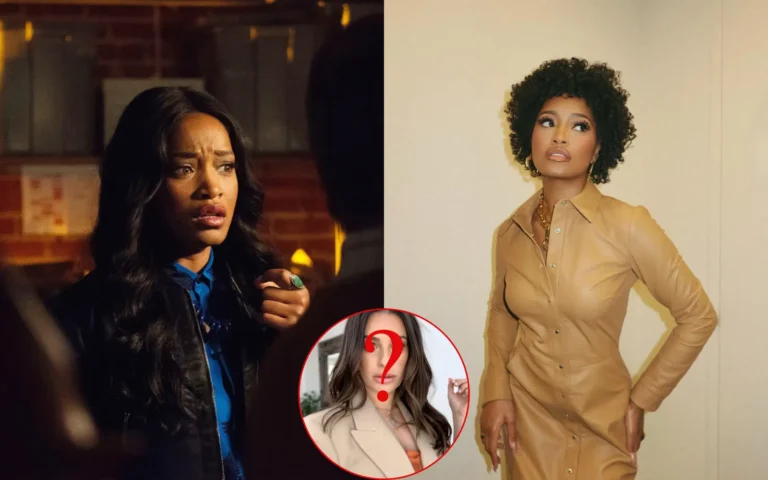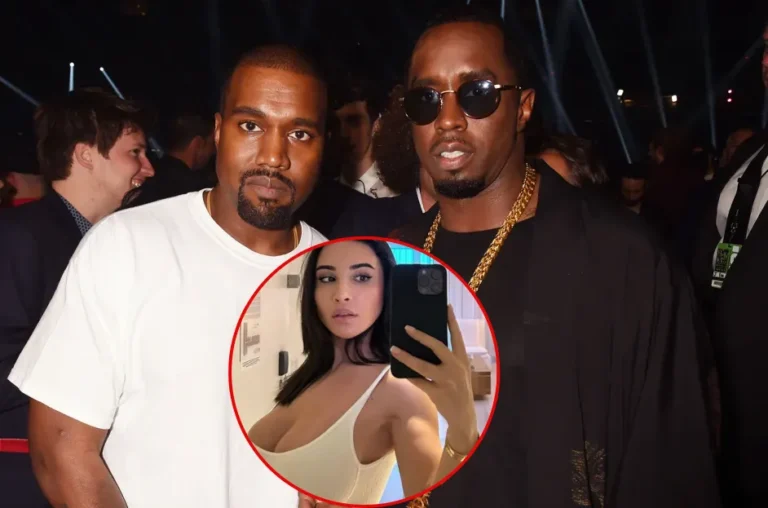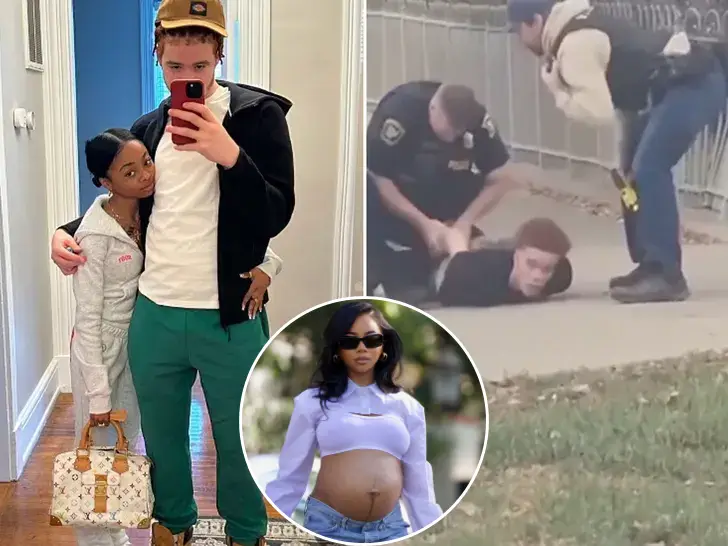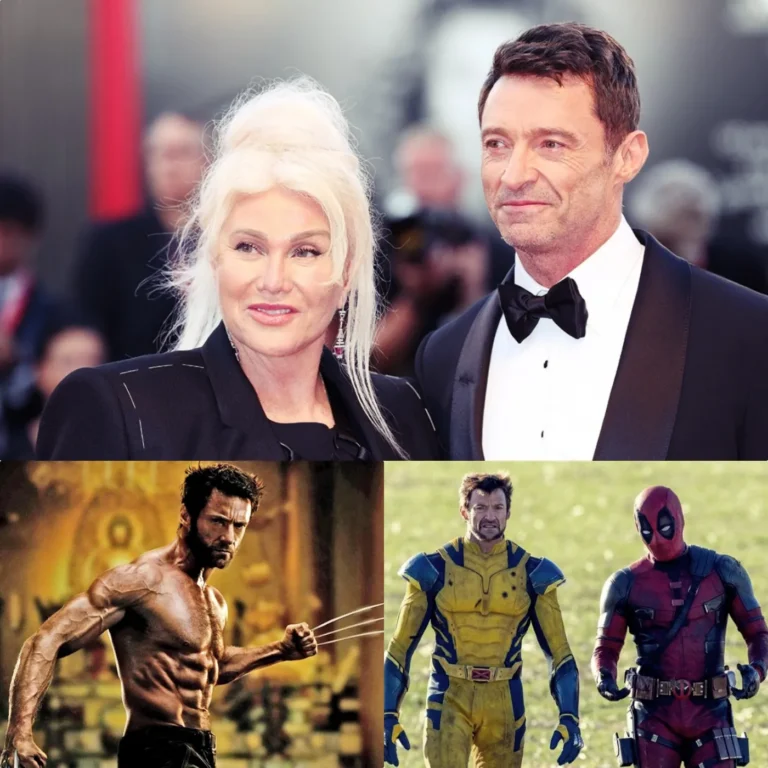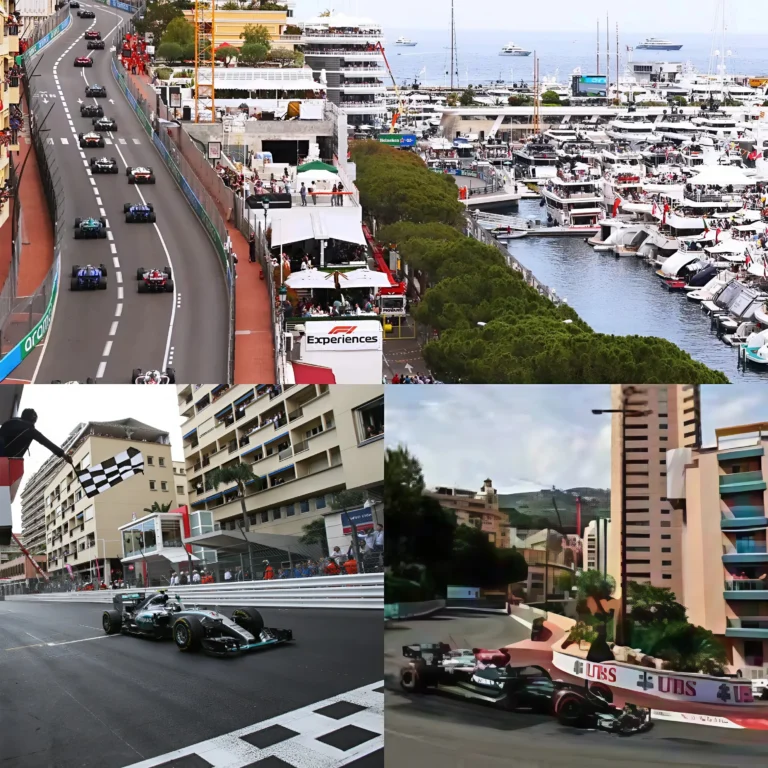
In a recent development in the high-profile case against Sean “Diddy” Combs, a New York judge has rejected the rapper’s request to prevent prosecutors and government officials from sharing information about the case with the media. Judge Subramanian emphasized that all involved parties, including federal agents, investigators, and Diddy’s legal team, must adhere to the legal requirements around non-disclosure of grand jury proceedings.

The judge clarified that this ruling is not based on any confirmed misconduct. “To be clear, this order is not based on a finding of any wrongdoing. The court has not made a finding regarding the defendant’s allegation that information about the case was leaked,” Judge Subramanian stated. Instead, the purpose of the ruling is to safeguard a fair trial, adding, “The court will take appropriate action against any violations.” Diddy’s legal representatives refrained from commenting on the ruling when contacted by Page Six.
This decision follows Diddy’s legal team filing a lawsuit against the Department of Homeland Security, asserting that agents unlawfully disclosed sensitive information. They argue that these leaks, including details surrounding the March 2024 raids on Diddy’s residences in Miami and Los Angeles, have critically influenced the public’s perception of the case. The leaked materials reportedly encompass CCTV footage allegedly depicting Diddy in abusive situations with his ex-girlfriend, Cassandra “Cassie” Ventura. Diddy’s attorneys claim that these leaks were designed to tarnish his reputation and hinder his defense. “Instead of using the video as evidence at trial, the agents misused it in a manner that was as damaging and detrimental to our client as possible,” the complaint states.
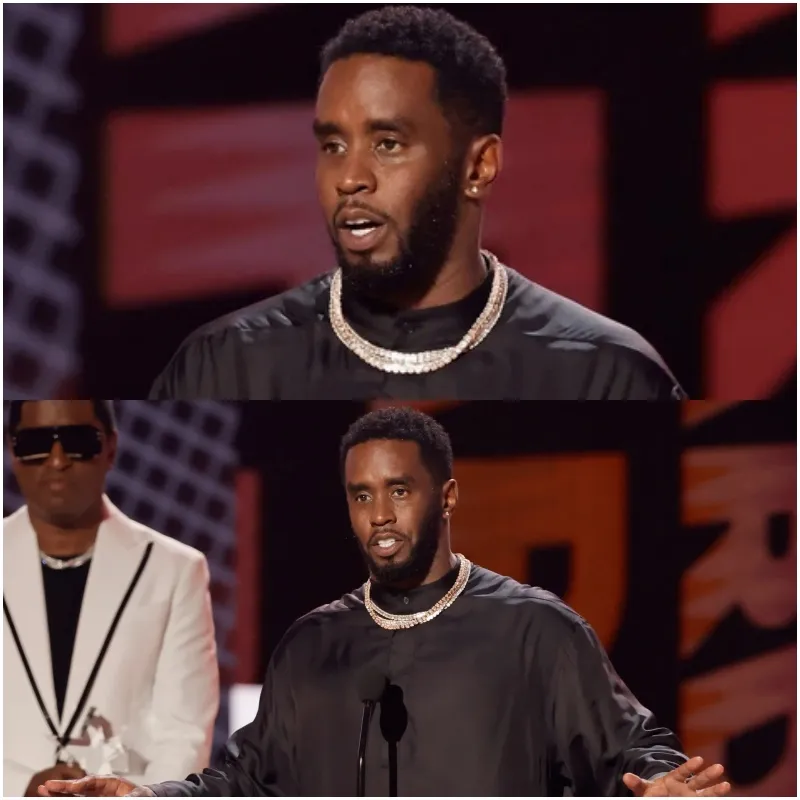
The leaked footage, which reportedly reached CNN, allegedly shows Diddy engaging in abusive behavior towards Ventura, a charge that Diddy’s team insists was leaked with the intent of damaging his public image before he even steps into the courtroom.
Diddy’s attorneys are pushing for a stricter gag order on prosecutors and federal agents to prevent further leaks to the media. They argue that the case has already been skewed by publicized material that should have remained private until trial. They are also seeking access to all emails, documents, and records related to these alleged leaks from the U.S. Department of Homeland Security.
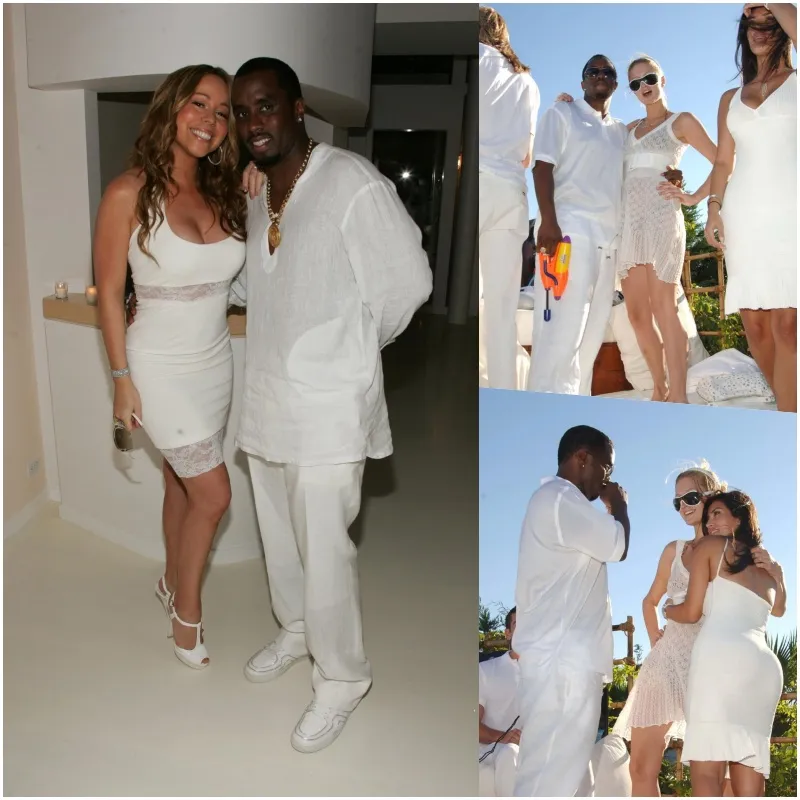
This ruling brings new focus to the challenges facing Diddy’s legal defense, with his team committed to countering what they describe as “government misconduct” and deliberate attempts to bias potential jurors. His lawyers argue that the leaked evidence compromises his right to a fair and unbiased trial. As public interest in the case intensifies, the spotlight remains on the judicial process, where both the prosecution and defense are navigating complex issues of privacy, fairness, and public opinion.
The case has not only captured media attention due to the allegations but also because of Diddy’s influential position in the entertainment industry. As the founder of Bad Boy Records, Diddy played a pivotal role in popularizing hip-hop globally, with his contributions helping to launch and boost the careers of iconic artists like Usher, TLC, and Mariah Carey. However, as details of this case continue to unfold, it’s clear that Diddy’s legal journey is far from over.
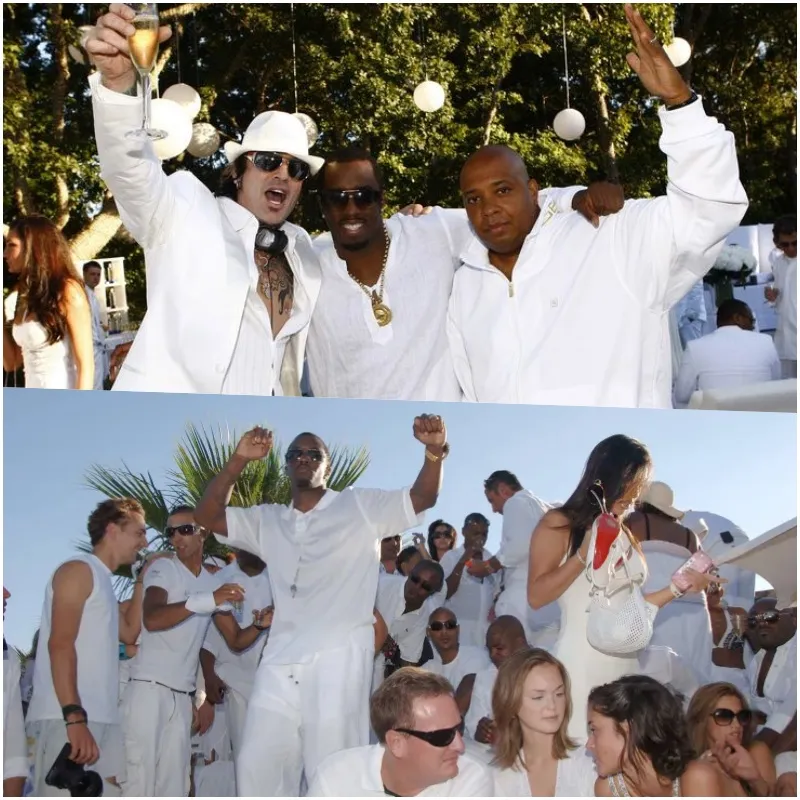
For now, the ruling maintains that both parties must adhere to privacy laws surrounding grand jury proceedings to uphold a fair trial. With the trial date yet to be set, further developments are expected as Diddy’s legal team continues to push back against government leaks, aiming to restore their client’s right to a trial that is free from undue influence and premature judgments.
